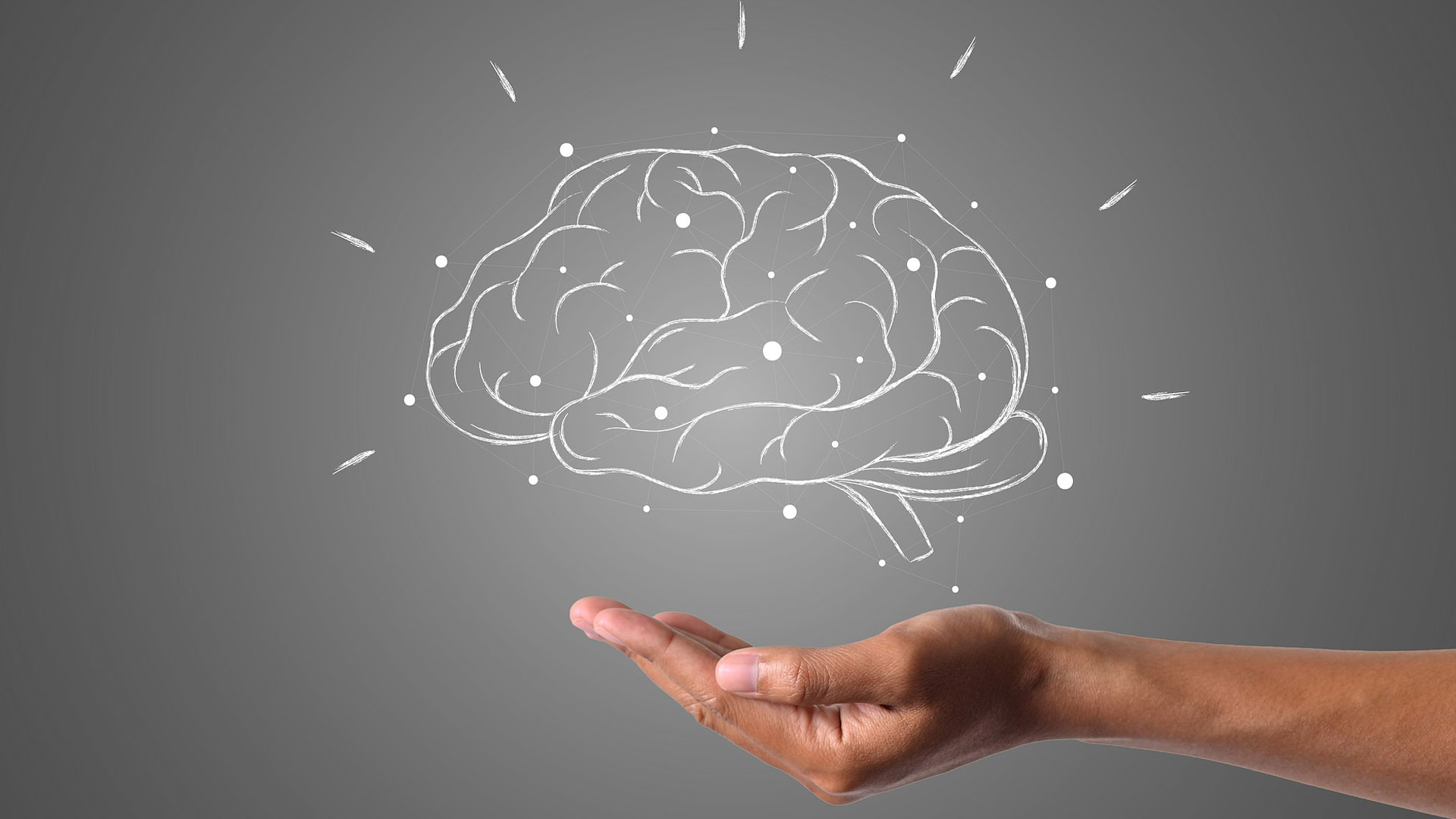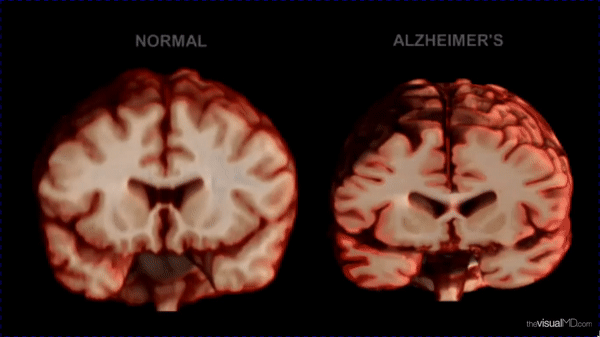Understanding Alzheimer’s: causes, symptoms, & diagnosis
Alzheimer’s disease is a heart-wrenching condition that deeply impacts the lives of millions of people worldwide. Whether you find yourself immersed in researching this relentless disease or you are grappling with the devastating reality of a loved one’s Alzheimer’s diagnosis, understanding its nuances becomes a crucial journey. This blog post aims to provide you with comprehensive information about the causes, symptoms, and diagnosis of Alzheimer’s disease, equipping you with the knowledge and empathy needed to navigate this challenging path of love and resilience.
Alzheimer’s disease is a debilitating condition that affects millions of people worldwide. Whether you are personally interested in researching the disease or you have a loved one who is affected by it, understanding Alzheimer’s is crucial. This blog post aims to provide you with comprehensive information about the causes, symptoms, and diagnosis of Alzheimer’s disease, empowering you with the knowledge needed to navigate this challenging journey.
What is Alzheimer’s Disease?
Alzheimer’s disease is a progressive neurodegenerative disorder that primarily affects the brain, leading to cognitive decline and memory loss. It is the most common form of dementia, accounting for approximately 60-80% of cases. The disease typically manifests in older adults, although early-onset cases can occur.
Causes of Alzheimer’s Disease
While the exact cause of Alzheimer’s remains unclear, researchers believe that a combination of genetic, environmental, and lifestyle factors contributes to its development. Some known risk factors include:
a) Age: Advancing age is the primary risk factor for Alzheimer’s disease. The likelihood of developing the condition increases significantly after the age of 65.
b) Genetics: Certain gene mutations, such as those in the amyloid precursor protein (APP) and presenilin 1 (PSEN1) genes, have been associated with early-onset familial Alzheimer’s disease. However, these cases represent a small percentage of overall cases.
c) Family History: Having a first-degree relative (parent or sibling) with Alzheimer’s increases the risk of developing the disease.
d) Lifestyle and Health: Chronic conditions like cardiovascular disease, diabetes, and obesity may increase the risk of Alzheimer’s. Additionally, factors such as smoking, a sedentary lifestyle, poor diet, and low mental and social engagement have been linked to a higher risk.
Causes of Alzheimer’s Disease
Obtaining an accurate diagnosis is crucial for managing Alzheimer’s disease effectively. While there is no definitive test for Alzheimer’s, healthcare professionals employ a variety of approaches to assess cognitive function and rule out other causes. These may include:
a) Medical Evaluation: A thorough review of medical history, physical examination, and discussion of symptoms helps in assessing overall health and ruling out other conditions.
b) Cognitive Assessments: Detecting cognitive impairment with advanced technology, Talia, allows Alzheimer`s to be detected in the earliest stage.
c) Neurological Examinations: Neurological tests help assess reflexes, coordination, muscle tone, and strength, providing insight into the brain’s function.
d) Brain Imaging: Magnetic Resonance Imaging (MRI) and Positron Emission Tomography (PET) scans can help identify brain changes associated with Alzheimer’s disease and rule out other causes.
Conclusion
Alzheimer’s disease is a complex condition that poses significant challenges for both individuals diagnosed with the disease and their families. Understanding the causes, symptoms, and diagnosis of Alzheimer’s is vital in providing the necessary support and care. By staying informed, you can actively participate in the management of the disease and explore available treatments and support services. Remember, you are not alone, and there are numerous resources and organizations dedicated to assisting those affected by Alzheimer’s. Together, we can strive for a better future in the fight against this devastating disease.

Understanding Alzheimer’s: Causes, Symptoms, and Diagnosis
Alzheimer’s disease is a heart-wrenching condition that deeply impacts the lives of millions of people worldwide. Whether you find yourself immersed in researching this relentless disease or you are grappling with the devastating reality of a loved one’s Alzheimer’s diagnosis, understanding its nuances becomes a crucial journey. This blog post aims to provide you with comprehensive information about the causes, symptoms, and diagnosis of Alzheimer’s disease, equipping you with the knowledge and empathy needed to navigate this challenging path of love and resilience.
Alzheimer’s disease is a debilitating condition that affects millions of people worldwide. Whether you are personally interested in researching the disease or you have a loved one who is affected by it, understanding Alzheimer’s is crucial. This blog post aims to provide you with comprehensive information about the causes, symptoms, and diagnosis of Alzheimer’s disease, empowering you with the knowledge needed to navigate this challenging journey.
What is Alzheimer’s Disease?
Alzheimer’s disease is a progressive neurodegenerative disorder that primarily affects the brain, leading to cognitive decline and memory loss. It is the most common form of dementia, accounting for approximately 60-80% of cases. The disease typically manifests in older adults, although early-onset cases can occur.
Causes of Alzheimer’s Disease
While the exact cause of Alzheimer’s remains unclear, researchers believe that a combination of genetic, environmental, and lifestyle factors contributes to its development. Some known risk factors include:
a) Age: Advancing age is the primary risk factor for Alzheimer’s disease. The likelihood of developing the condition increases significantly after the age of 65.
b) Genetics: Certain gene mutations, such as those in the amyloid precursor protein (APP) and presenilin 1 (PSEN1) genes, have been associated with early-onset familial Alzheimer’s disease. However, these cases represent a small percentage of overall cases.
c) Family History: Having a first-degree relative (parent or sibling) with Alzheimer’s increases the risk of developing the disease.
d) Lifestyle and Health: Chronic conditions like cardiovascular disease, diabetes, and obesity may increase the risk of Alzheimer’s. Additionally, factors such as smoking, a sedentary lifestyle, poor diet, and low mental and social engagement have been linked to a higher risk.
Symptoms of Alzheimer’s Disease
Alzheimer’s disease progresses in stages, each characterized by specific symptoms. The most common symptoms include:
a) Memory Loss: Difficulty remembering recent events, names, and conversations is often an early sign of Alzheimer’s. As the disease progresses, long-term memory is also affected.
b) Cognitive Decline: Individuals with Alzheimer’s may experience challenges with reasoning, problem-solving, and decision-making. They may also struggle with language, finding it hard to express themselves or follow conversations.
c) Behavioral Changes: Mood swings, depression, irritability, and withdrawal from social activities are common in Alzheimer’s patients.
d) Disorientation: People with Alzheimer’s may get lost easily, even in familiar surroundings. They may also have difficulty with time and place recognition.
e) Decline in Self-Care: As the disease progresses, individuals may struggle with basic self-care tasks like bathing, dressing, and eating.
Diagnosis of Alzheimer’s Disease
Obtaining an accurate diagnosis is crucial for managing Alzheimer’s disease effectively. While there is no definitive test for Alzheimer’s, healthcare professionals employ a variety of approaches to assess cognitive function and rule out other causes. These may include:
a) Medical Evaluation: A thorough review of medical history, physical examination, and discussion of symptoms helps in assessing overall health and ruling out other conditions.
c) Neurological Examinations: Neurological tests help assess reflexes, coordination, muscle tone, and strength, providing insight into the brain’s function.
d) Brain Imaging: Magnetic Resonance Imaging (MRI) and Positron Emission Tomography (PET) scans can help identify brain changes associated with Alzheimer’s disease and rule out other causes.
Conclusion
Alzheimer’s disease is a complex condition that poses significant challenges for both individuals diagnosed with the disease and their families. Understanding the causes, symptoms, and diagnosis of Alzheimer’s is vital in providing the necessary support and care. By staying informed, you can actively participate in the management of the disease and explore available treatments and support services. Remember, you are not alone, and there are numerous resources and organizations dedicated to assisting those affected by Alzheimer’s. Together, we can strive for a better future in the fight against this devastating disease.
About
At Basil Health, we are committed to advancing healthcare through innovation and cutting-edge technology. We invite you to explore our solutions and discover how we can help you achieve your healthcare and research goals.
Basil Health
Copyright, Basil Health


**mindvault**
mindvault is a premium cognitive support formula created for adults 45+. It’s thoughtfully designed to help maintain clear thinking